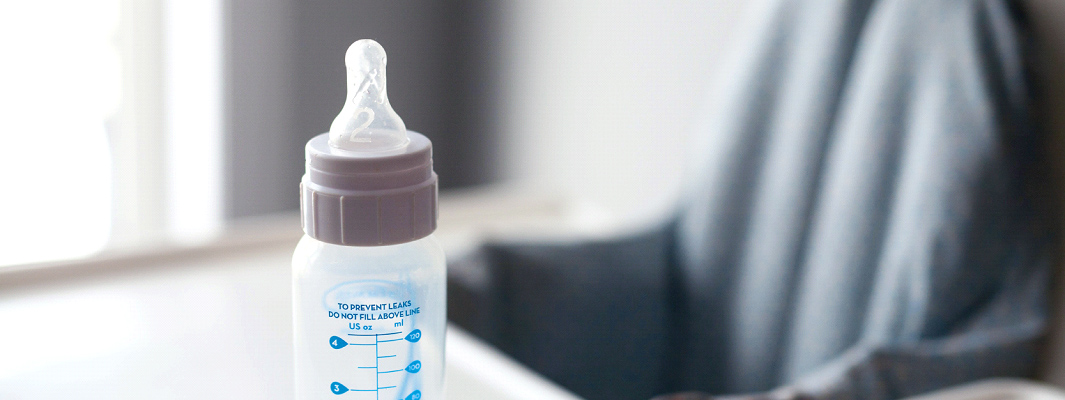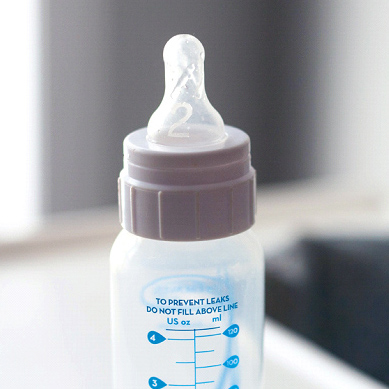
As we continue to fight the pandemic, consumers are growing more conscious about the products they use on a regular basis. They want to ensure that antimicrobial and antiviral properties are built into their plastic products and surfaces, but also that they are safe for consumption use. In order to protect consumers, it’s important to choose plastics with non-leaching, antimicrobial, and antiviral properties that resist bacteria growth and are not harmful to a person’s health.
BACTOSTAT is an innovative antimicrobial solution that is Safe-To-Touch through having non-leaching properties and bacteria repellent technology to stagnate the growth rate of germs, as well as to reduce activity of virus.
Plastics with nano-silver particles could be harmful to a person’s health. And certain types of biocide such as triclosan are also toxic for the human and environment. They have been banned in a number of countries for this reason.

INFANT and BABY BOTTLES
Plastic baby bottles and caps are regularly used to feed infants and toddlers. It is important to ensure that the plastic properties of these bottles are safe and healthy for use. BACTOSTAT offers a unique plastic solution through a biocide-free and odor-free bacteria and virus resistant compound that fights the growth of harmful microbes. BACTOSTAT plastics are proven in ISO 22196, ISO22196-Repellent, ASTM G21 and G22 compliance ensuring harmful microorganisms cannot grow on their surfaces, perfect for keeping infants safe and healthy while using plastic bottles.

PLASTIC FOOD TRAYS and DELIVERY CARTS
Restaurants, food courts and airlines go through hundreds of thousands of plastic trays every year. Customers are growing more cognizant and aware of the hygiene issues on plastic surfaces involved in their daily lives and BACTOSTAT is positioned to meet this need through a non-toxic, biocide and nanoparticle free solution. BACTOSTAT’s plastics are perfect for consumption use, having been tested to be BPA and phthalates free, and over 98% effective against most bacterias.
RESEARCH
⦁ https://www.degruyter.com/document/doi/10.1515/chem-2016-0005/html
⦁ https://www.bactostat.com/dir/en_US/2018/07/14/environmental-concerns-in-antimicrobial-finishing-of-textiles/
⦁ http://amrls.cvm.msu.edu/pharmacology/antimicrobials/antimicrobials-an-introduction
⦁ https://www.bactostat.com/dir/en_US/technology/
⦁ https://www.nature.com/articles/s41467-018-03798-5
⦁ https://toxicfreefuture.org/be-picky-with-plastics/


